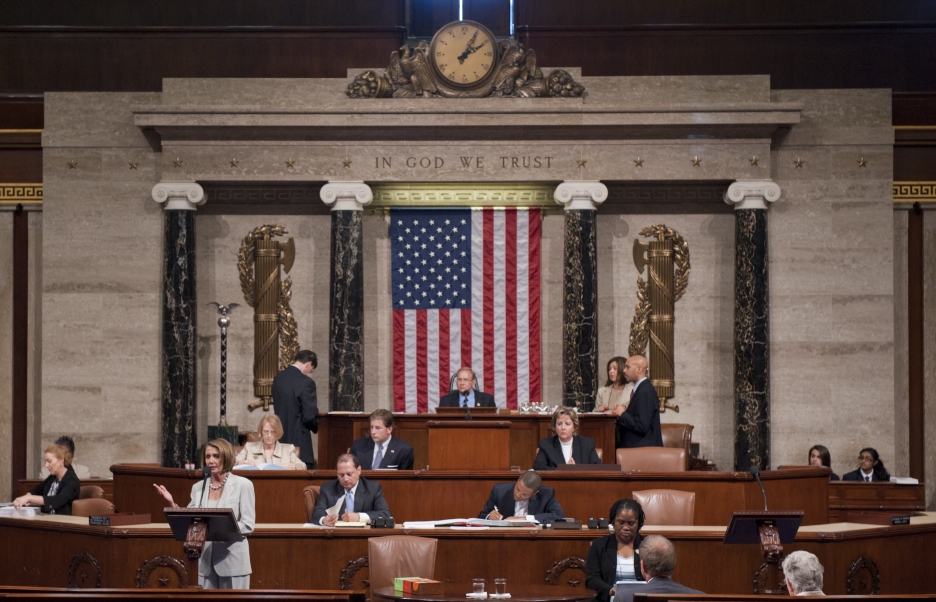In the past month, the Israel-Hamas war has given rise to a new level of activism on college campuses across the US, and resulting protests have roiled some of the most elite campus grounds. The division among university student bodies has, of course, become a pressing point of discussion, as college institutions have continued to exhibit a lack of moral clarity when confronting antisemitic behaviors. Thus, on December 5, at a congressional hearing, college presidents Liz Magill of UPenn, Sally Kornbluth of MIT, and Claudine Gay of Harvard were grilled on how their universities were addressing instances of antisemitism. Evasive and lawyerly replies sparked outrage among many Americans and left donors threatening to withdraw million-dollar contributions.
Jewish students at universities across the US, united by a shared goal to further their education, cannot help but feel vulnerable to the antisemitism manifested in both physical and verbal assaults on their university grounds. According to the Ohio Senate, peers are “oppressing, alienating, and verbally assaulting Jewish students,” contributing to a “hotbed” of antisemitism at certain universities. Given the events brought to light by students and faculty alike, a tremendous amount of pressure has been applied on administrations to confront the issues and take disciplinary action. The lack thereof, however, resulted in what became one of the most heated congressional hearings of the year.
The hearing on Capitol Hill on December 5 saw presidents of Harvard, MIT, and UPenn pressed by lawmakers on the widespread antisemitism at their colleges. The main source of contention centered on questioning from Elise Stefanik, representative of New York’s 21st congressional district, who spotlighted the lack of action taken thus far to protect Jewish students at the respective colleges. Much of the backlash following the hearing came from the presidents’ struggle to explicitly label behavior calling for the genocide of Jews as contrary to their codes of conduct. Liz Magill, president of UPenn, expressed that discerning if disciplinary action should be taken in the presented situation was a “context-dependent decision,” according to ABC News. Gay elaborated, emphasizing the importance of free speech and opinion. Harassment, Gay said, is only when speech crosses over into conduct. Dissatisfied by the hearing, The House Education and Workforce Committee opened an investigation into UPenn, Harvard, MIT, and other universities.
It wasn’t only the House that found itself entirely unfulfilled and horrified by the testimonies. In fact, many Americans resonated with Stefanik’s claim that the responses were “morally bankrupt” and appalling. The barrage of criticism that followed targeted the presidents for their narrow responses and called for the resignation of each of them. Albert Bourla, CEO of Pfizer Inc., according to Fox News, called the hearing “one of the most despicable moments in the history of US academia.” According to the Wall Street Journal, Ross Stevens, founder and CEO of Stone Ridge Holdings Group, even threatened in a letter to Penn to cancel $100 million of the company’s shares held by the college unless the Penn president was ousted.
The resulting backlash ultimately forced Magill to resign and other presidents to clarify their stances. Since the testimonies, the three women have spoken out frequently on social media. President Gay, particularly, posted the statement that “those who threaten [Harvard’s] Jewish students will be held to account.” Despite attempts to ease frustrations, many Americans are unwilling to stay silent. According to a comment on FoxBusiness, people cannot help but continue to debate the pressing question, “Under what context would the advocation of genocide of a group based on its ethnicity, or any other reason, be acceptable?”
For students who hoped for confirmation of their safety by their university president at the hearing, the testimonies were most unsettling. Especially as Jewish students at universities in the US continue to express fears of revealing their identities to their peers, the conversation on what constitutes an “elite” or respected university has changed gears entirely. Certainly, the unsafe environments on such campuses has been a wake-up call for those applying or soon applying to colleges and universities in America, as safety and security may become the most important criteria in the process of college applications.

















































































































































